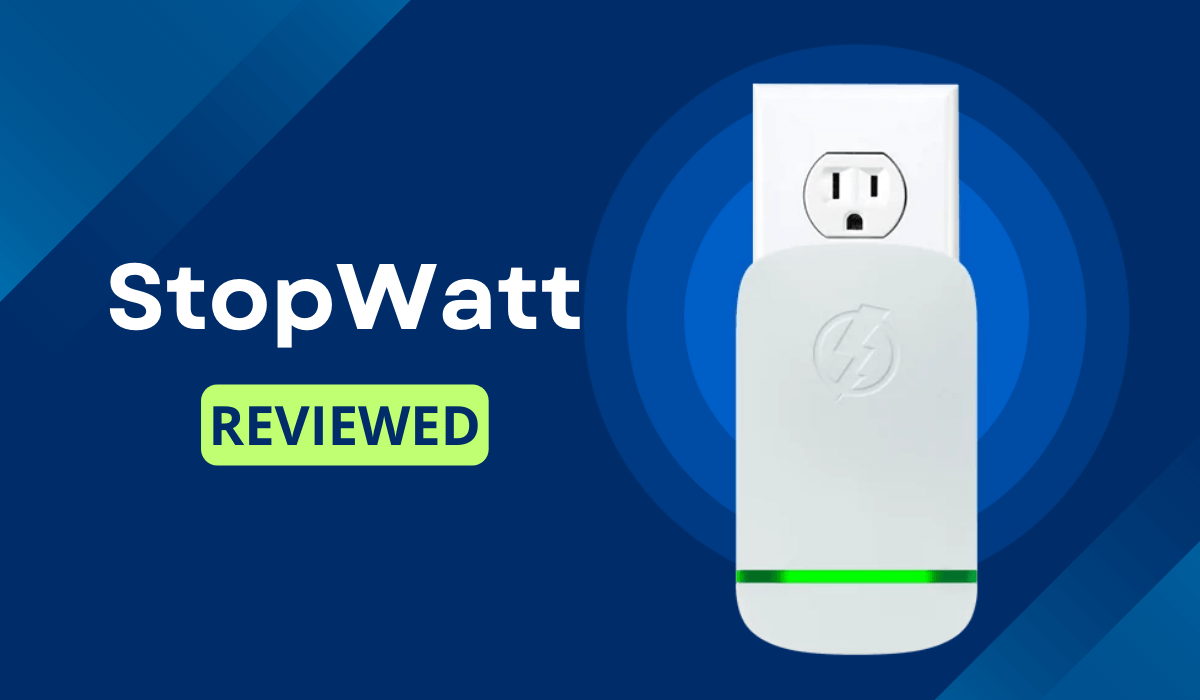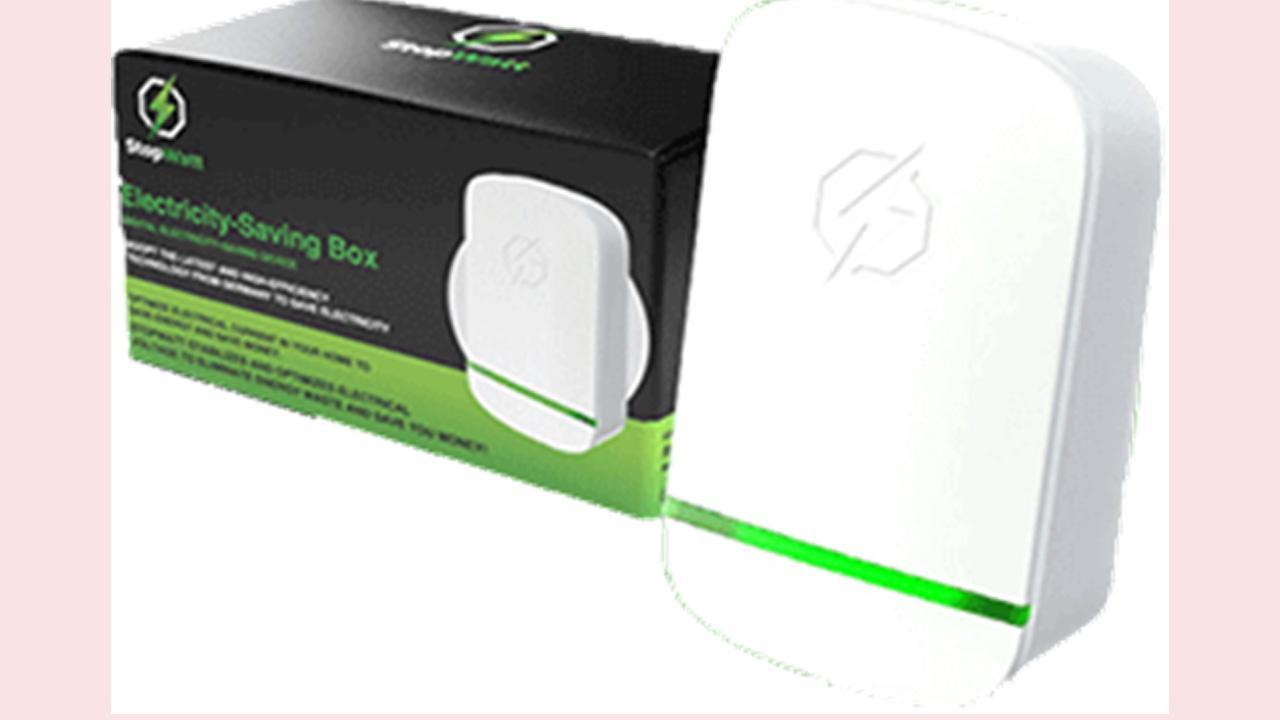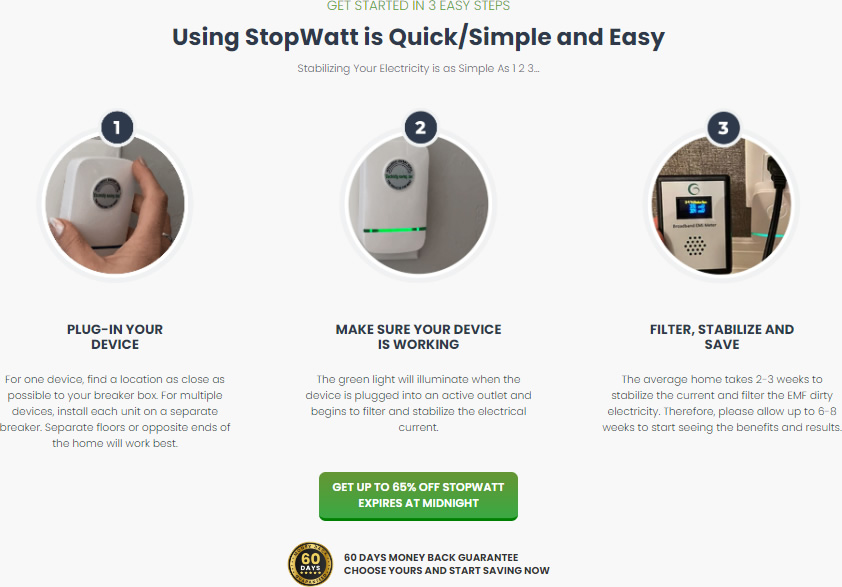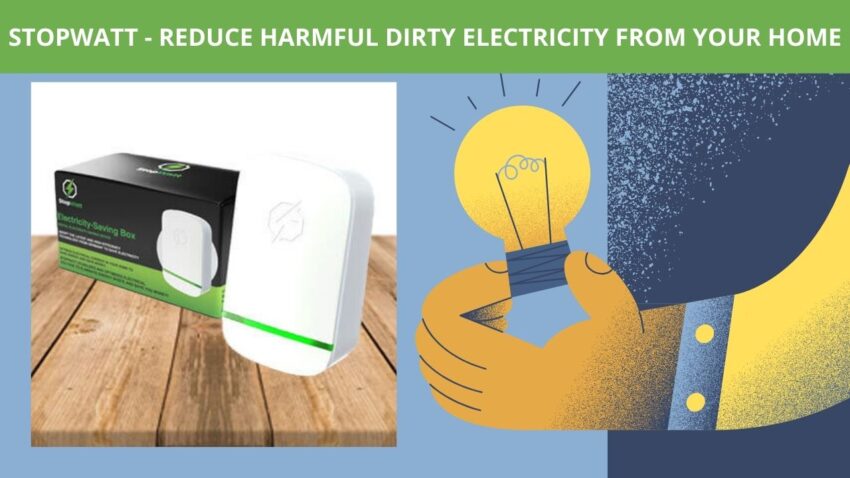Does Stopwatt Really Work Reviews Consumer Reports
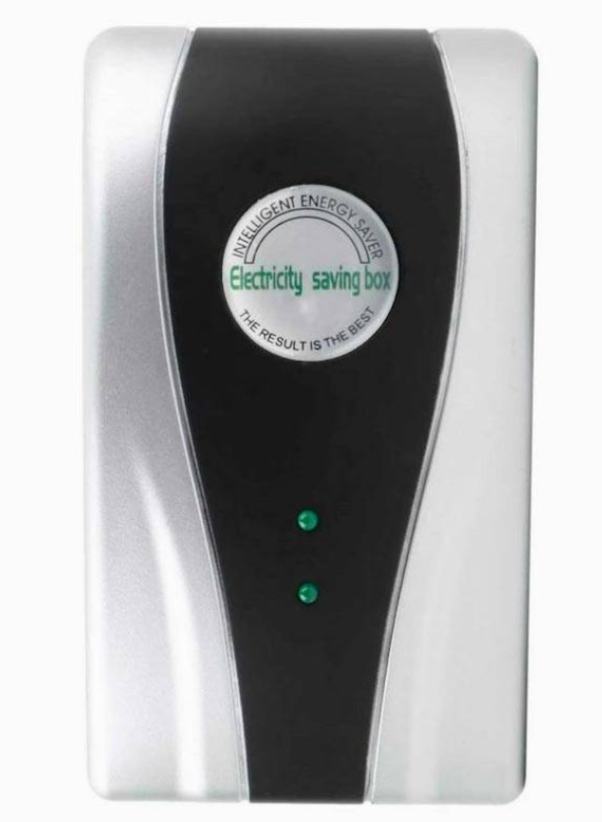
Claims of significant energy savings from devices like Stopwatt, marketed as electricity saving boxes, have flooded the internet, leaving consumers wondering whether these products are legitimate or simply another scam. The promise of reducing electricity bills is tempting, but independent testing and expert opinions paint a more complex picture than the advertised claims suggest.
This article examines the Stopwatt device, exploring its purported mechanism, analyzing consumer reviews, and considering assessments from organizations like Consumer Reports to determine its actual effectiveness. We aim to provide readers with the information necessary to make informed decisions about energy-saving devices.
What is Stopwatt and How Does it Claim to Work?
Stopwatt is marketed as a device that stabilizes electrical current, reduces harmonic distortion, and improves the efficiency of electrical appliances, leading to lower energy consumption and ultimately, reduced electricity bills. Advertisements often showcase dramatic reductions in energy bills after the device is plugged into a standard wall outlet. But the science behind these claims is questionable.
The core argument presented by Stopwatt manufacturers revolves around "power factor correction." Power factor is the ratio of real power (the power that does useful work) to apparent power (the total power supplied to a circuit). A lower power factor means more current is needed to deliver the same amount of real power, leading to wasted energy.
Stopwatt supposedly corrects this by reducing inductive loads, primarily from motors in appliances like refrigerators and air conditioners. However, modern appliances already incorporate power factor correction to meet energy efficiency standards. Meaning Stopwatt's impact on these modern appliances would be minimal.
Consumer Reviews: A Mixed Bag
Consumer reviews of Stopwatt are highly polarized. Some users report noticeable reductions in their electricity bills after installing the device, while others report no change whatsoever.
Many positive reviews seem to originate from websites affiliated with the product itself, raising concerns about authenticity. Negative reviews often cite a lack of measurable energy savings and skepticism about the device's underlying technology.
It's difficult to ascertain the legitimacy of all online reviews. The variance suggests that individual circumstances and existing energy consumption patterns may play a significant role in any perceived effects.
Consumer Reports: What Does the Data Say?
Consumer Reports, a non-profit organization dedicated to unbiased product testing and research, has not specifically tested Stopwatt. However, Consumer Reports has investigated similar devices marketed for energy savings.
These investigations have generally concluded that such devices offer little to no real energy savings for most households. They often find that the claims made by manufacturers are exaggerated and lack scientific basis.
Consumer Reports typically recommends focusing on proven energy-saving measures. Such as upgrading to energy-efficient appliances, sealing drafts, and adopting energy-conscious habits like turning off lights when leaving a room.
Expert Opinions and Scientific Scrutiny
Electrical engineers and energy efficiency experts are generally skeptical of devices like Stopwatt. Many argue that the device's purported mechanism is not supported by sound engineering principles.
Dr. Emily Carter, a professor of electrical engineering at Stanford University, stated in an interview, "The idea of simply plugging in a small device and seeing significant reductions in energy consumption across your entire home is highly improbable. Modern electrical grids and appliances are designed to be relatively efficient already."
Furthermore, the FTC (Federal Trade Commission) actively monitors and prosecutes companies making deceptive claims about energy-saving products. Consumers should remain vigilant and report any suspected scams.
The Bottom Line: Does Stopwatt Really Work?
Based on available evidence, including consumer reviews, expert opinions, and assessments of similar products by organizations like Consumer Reports, the effectiveness of Stopwatt in significantly reducing electricity bills is highly questionable. While some users may report perceived savings, these are likely attributable to other factors or placebo effects.
The lack of independent, scientific validation and the prevalence of exaggerated claims in marketing materials raise serious concerns about the product's legitimacy. Consumers are advised to exercise caution and prioritize established energy-saving strategies over relying on unproven devices.
Before investing in any energy-saving device, research the product thoroughly, read independent reviews, and consult with qualified professionals. Focusing on verifiable energy-efficient appliances and practices provides a far more reliable path to lowering electricity bills.



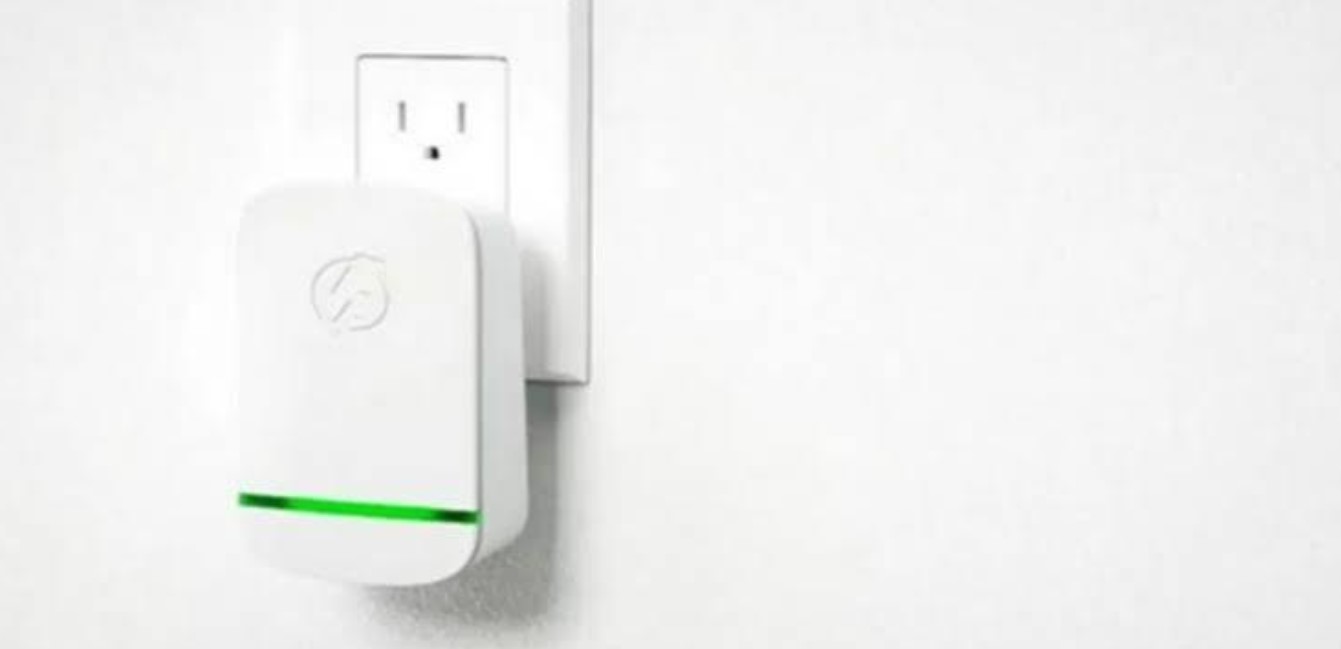
![Does Stopwatt Really Work Reviews Consumer Reports StopWatt Reviews - [WARNING!] Does it Really Work? The Truth!](https://ecstudents.org/wp-content/uploads/2024/01/StopWatt-scam.jpg)
